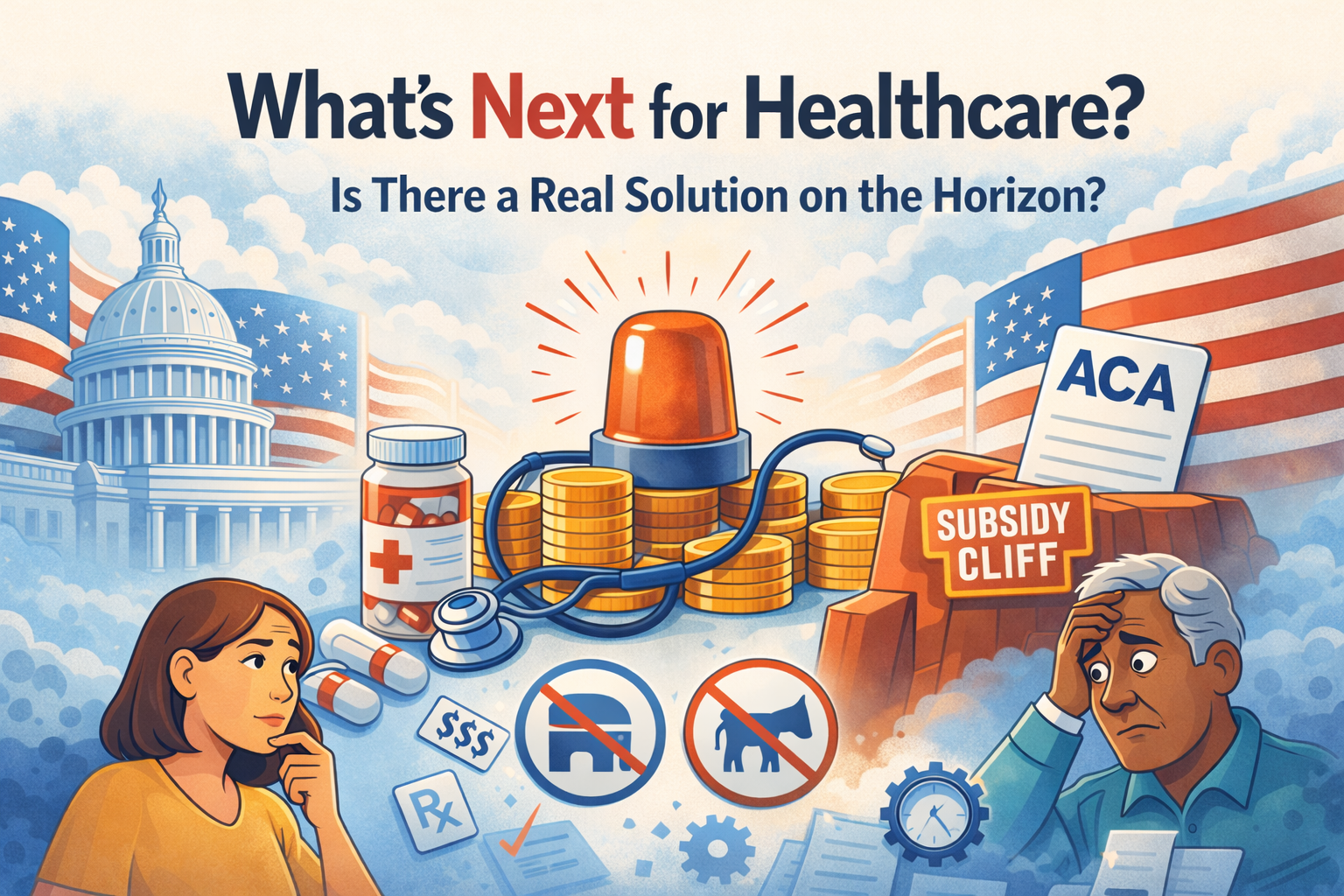Most business owners think of tariffs as a global trade issue — something that affects importers, exporters, or the cost of raw materials. But here’s the hidden truth: tariffs may quietly drive up the cost of employer-sponsored health benefits, affecting your bottom line and your ability to attract and retain talent.
How Do Tariffs Connect to Health Insurance?
Healthcare is a complex supply chain — and many medical devices, pharmaceuticals, and even basic supplies like syringes, gloves, and diagnostic equipment are imported. When tariffs are imposed on foreign goods (especially from major suppliers like China, India, or the EU), the cost of these essentials increases. That cost wont likely stay with the manufacturers — it will most likely get passed down to hospitals, doctors, and ultimately, to payors: Medicare, Medicaid, self-funded employers and your insurance carrier. And then the patient. The possible result? Rising premiums, higher deductibles, and tighter networks.
3 Key Ways Tariffs may Impact Employer Plans
1. Increased Medical Supply Costs = Higher Claims Costs
When hospitals & Providers pay more for medical equipment and supplies, they charge more for procedures. Insurance companies and Medicare may be forced to raise premiums to cover these higher payouts.
2. Drug Prices Could Spike
Tariffs on active pharmaceutical ingredients (APIs) or finished drugs can increase the cost of common medications — affecting formularies and out-of-pocket costs for employees.
3. Pressure on Carriers = Narrower Plans
To manage rising costs, insurers may restrict provider networks or increase cost-sharing. Employers end up having to offer leaner benefits or absorbing the cost increases.
What Can Employers Do?
Plan Ahead: Budget for above-average premium increases in upcoming renewals — especially if your carrier has exposure to international supply chains.
Consider partial or Self-Funding: If your group is eligible, self-funded or shared cost plans may offer more transparency and control over rising costs.
Educate Employees: Communicate why benefits might be shifting and how employees can be smart consumers of healthcare.
Bottom Line
Tariffs aren’t just about trade wars — they could be a stealth tax on your healthcare costs. Employers who stay ahead of the curve, explore strategic funding options, and rethink plan design can weather the storm better than those who don’t.
Looking to stay proactive in your benefits strategy? Let’s talk about how to structure a health plan that works — no matter what happens with global trade.



